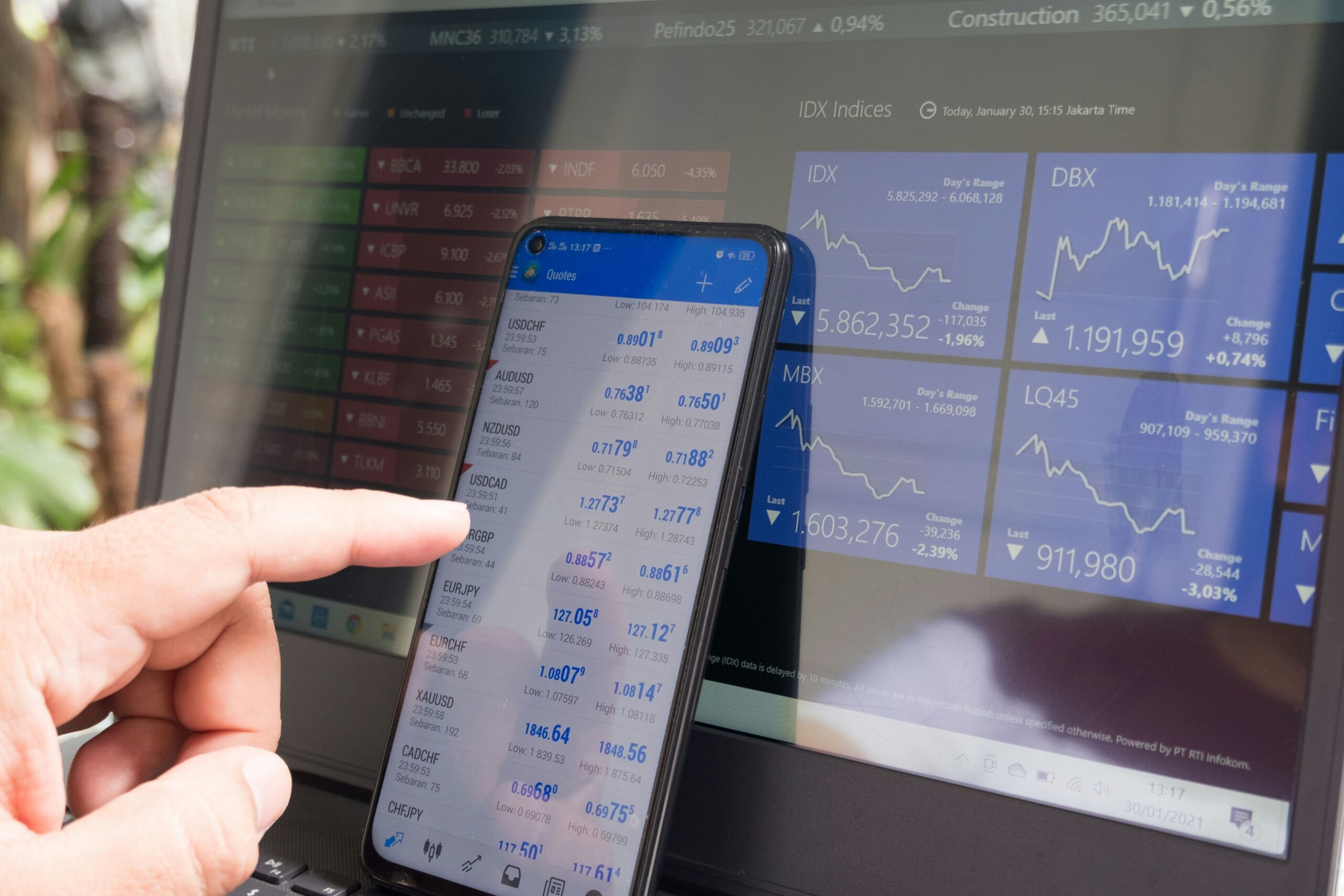
Studying economics and finance opened my eyes to how the world truly functions, beyond the simple concepts of supply and demand. At first, the subject seemed to revolve around theories and equations; yet, soon I realized that these ideas shape real-world decisions that affect millions of people. Moreover, economics trains the mind to think critically about choices, trade-offs, and incentives—skills that apply to everything from personal finance to international trade policy.
As I delved deeper, I discovered the interconnectedness of markets. A policy shift in the United States, for example, can ripple across Asia and Europe within hours. Similarly, learning about macroeconomic indicators such as GDP growth, inflation, and unemployment rates helped me understand how nations measure progress. Each number tells a story, and together they form the heartbeat of the global economy.
The Interconnectedness of Global Markets
Through finance courses, I learned that money moves faster than ever in a globalized world. Investors, corporations, and governments constantly respond to changing interest rates, political events, and new technologies. Consequently, markets today react almost instantly to information, making timing and analysis crucial for success. Understanding this dynamic taught me to appreciate the delicate balance between risk and opportunity.
Additionally, globalization has blurred borders in finance. A company in Brazil might borrow from a bank in Japan, while investors in London purchase U.S. Treasury bonds. These transactions, though separated by thousands of miles, highlight the fluid nature of global capital. Therefore, studying international finance revealed that no market operates in isolation; rather, each contributes to an intricate web of economic activity.
The Power of Policy and Regulation
One of the most valuable lessons I gained is the immense influence of government policy on financial systems. Central banks, for instance, control monetary policy through interest rate changes, which can either stimulate or cool down an economy. Likewise, fiscal policy—how governments tax and spend—affects everything from employment to stock market performance. Recognizing this interplay made me more aware of how decisions in Washington or Brussels can impact investment portfolios worldwide.
Furthermore, financial regulation plays a vital role in maintaining market stability. After studying historical crises, such as the 2008 financial meltdown, I saw how weak oversight can lead to catastrophic consequences. As a result, I developed a more profound respect for institutions that safeguard economic integrity, even though regulation sometimes hinders innovation. Balancing safety with progress remains one of the significant challenges of modern finance.
The Importance of Behavioral Insights
While economics often relies on numbers, studying behavioral finance has taught me that human emotions drive many market movements. Investors do not always act rationally; fear, greed, and overconfidence often cloud judgment. For example, market bubbles form when optimism outweighs logic, while panic selling can cause prices to crash far below their actual value. Learning this helped me understand why predicting markets is as much about psychology as it is about mathematics.
Moreover, behavioral insights changed how I view risk. Traditional models assume investors make decisions based on logic, but in reality, we are influenced by biases. Understanding this made me more cautious and analytical, encouraging me to question not only data but also motives and emotions. Consequently, economics and finance became more than technical disciplines—they became studies of human behavior and resilience.
Personal Growth Through Economics and Finance
Ultimately, studying economics and finance taught me more than how markets function—it taught me how to think critically and act strategically. Every model, graph, and case study trained me to look beyond surface trends and identify underlying causes. This analytical mindset proved invaluable, whether assessing investment opportunities or understanding global issues such as inequality and climate change.
At the same time, the field instilled a sense of humility. Even experts cannot predict markets perfectly, and uncertainty remains a constant companion. Yet, through discipline and knowledge, one can make informed decisions that minimize risk and maximize opportunity. Thus, economics and finance are not just academic pursuits—they are lifelong tools for navigating an increasingly complex world.
Technology and the Future of Global Markets
As I continued my studies, one theme became clear: technology is transforming global markets at an unprecedented rate. Digital currencies, artificial intelligence, and blockchain are revolutionizing the way money moves and value is stored. These innovations promise efficiency but also introduce new risks, such as cybersecurity threats and ethical dilemmas. Hence, keeping pace with change has become an essential skill for anyone involved in finance.
In addition, technology has democratized investing. With just a smartphone, individuals can trade stocks, track currencies, and access financial data once reserved for professionals. This accessibility has broadened participation but also increased volatility as new investors flood markets. Therefore, studying modern finance means understanding not only traditional models but also the technological forces reshaping the industry.